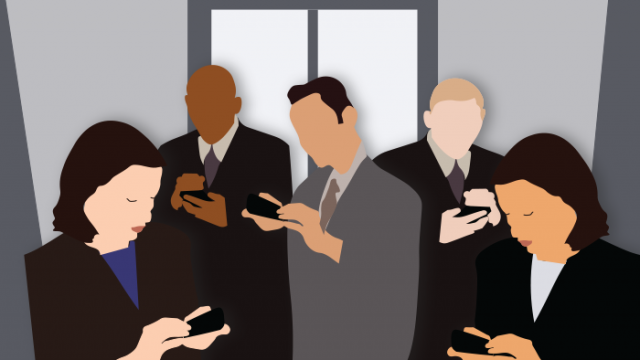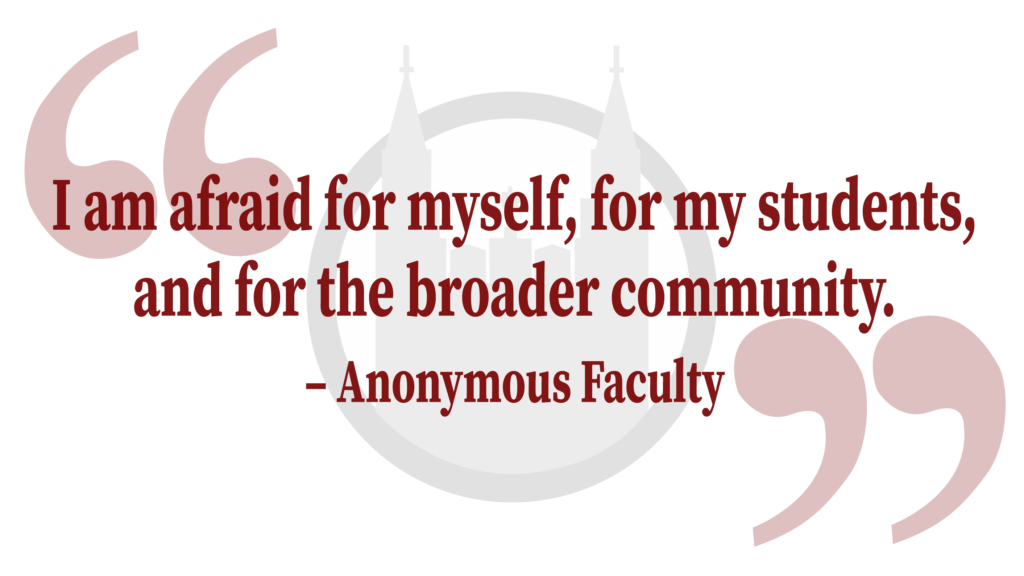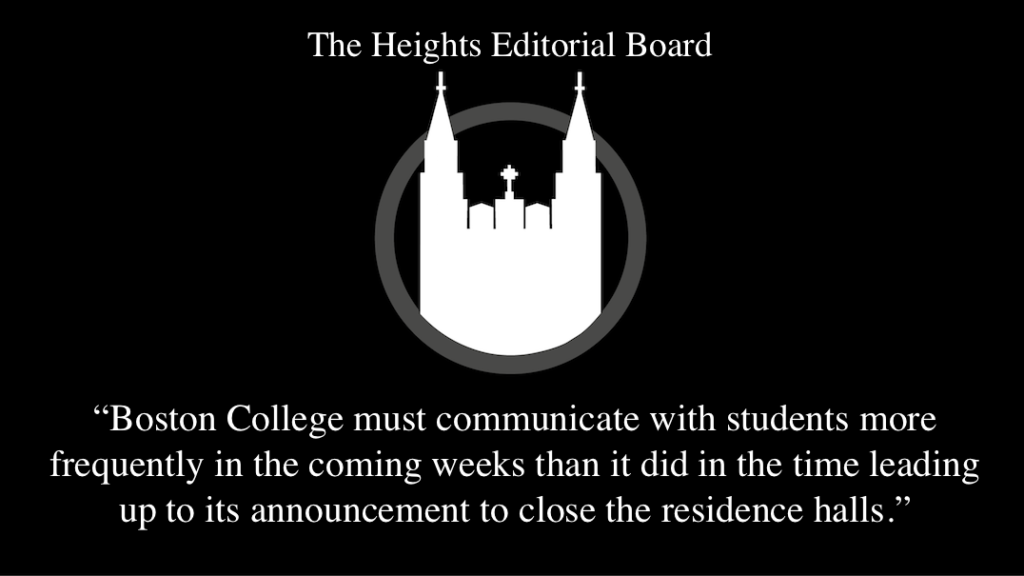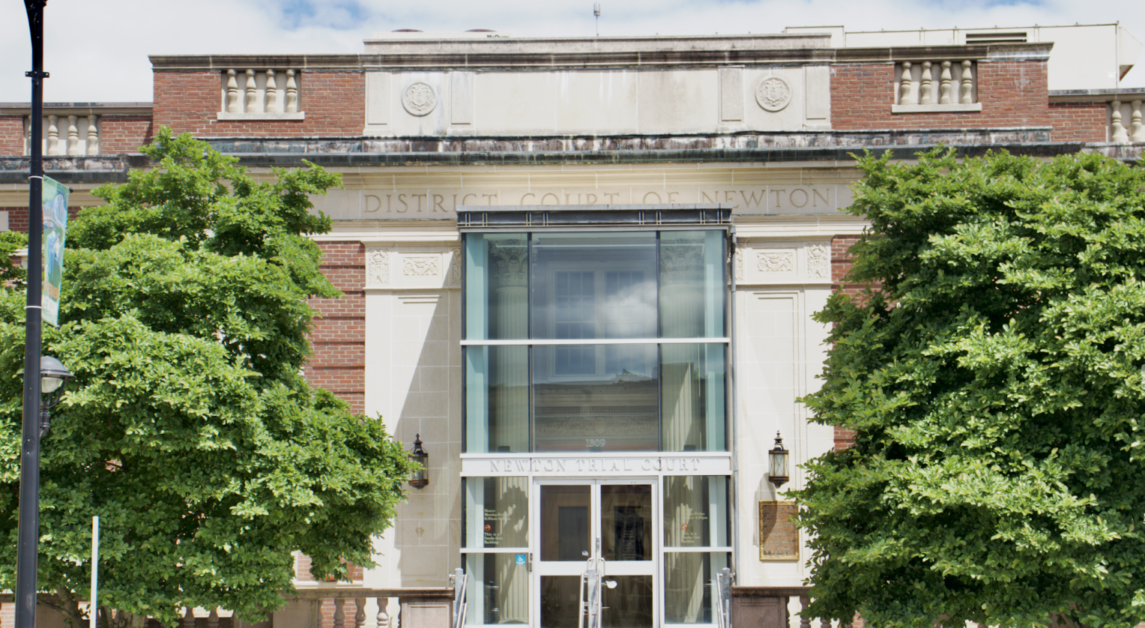Social skills necessary for many day-to-day interactions have become somewhat of a lost skill among our demographic, or so it seems. Where once conversation ruled king, social media and instant messaging have supplanted it as the sovereign rulers of our public lives. I can’t even begin to express how many times I have boarded a bus, train, or even elevator, and every single individual in there has his or her eyes stuck to a world-within-a-screen that sits in the palm of his or her hands.
The realization struck me when I found myself instantly partaking in this cultural phenomenon that has radically shifted the expectations and purpose of what used to be “normal interactions.” If I, someone who is a so-called millennial, the generation that conveniently gets scapegoated when things don’t go according to plan, have a hard time coping with this shift, older generations probably have an even harder time adapting.
But, back to the main question—why has our way of communicating changed so radically? The cynics among (or even within) us will expound from the mountaintops about it being a government ploy to deconstruct social skills and language to the point where thought becomes restricted à la Orwell. However, I see it as a reflection of the changing values and expectations of life as we know it.
It’s a curious fact that the more time-saving devices we have, the less time we appear to have. Smart phones, computers, and tablets have given us newer and better tools to accomplish tasks that before would take individuals like me twice the amount of time to do, like doing research for a term paper or something as simple as finding out the voice actor for one of the characters in Sausage Party (guilty as charged).
With the reduced amount of time required to accomplish tasks, there is now the expectation that we must accomplish more on any given day, thus leading to a never-ending cycle of tasks to accomplish, making individuals like us stay connected on an almost constant basis.
Even as I write this column I have received countless messages and emails about issues that needed resolving, which by tapping my fingers on a screen I managed to take care of. This is the reality of the world we live in.
The skills that we now see as “normal” have evolved with the expectations of society: texting, fact-checking, using software instead of hardware to get things done, streaming lectures and events instead of attending (usually because of being in the middle of something else), and multitasking are but a few of the new and obligatory skills needed to survive in this world of ours. Adapt or become obsolete—sink or swim.
This situation, where countless individuals are ignoring each other all while being in a close vicinity to each other in a social situation, becomes one not of rudeness or of diminishing social abilities but of necessity. Something always needs our attention.
While it may seem that we are not interacting with each other, the reality is quite the opposite: we are interacting with many others simultaneously who just happen to be located elsewhere.
In fact, individual conversations are becoming more and more rare in the social media world. Where once texting people individually was the trend, especially with the emergence of the Sidekick phone with a full keyboard (disclaimer: if you do not know what this is, Google it, it means I am getting old), now, most conversations take place in the shared space of group chats using services like iMessage, WhatsApp, and GroupMe.
All this being said, we must also remember to unplug once in awhile. Another new trend among millennials is going “off the grid” for certain amounts of time to rekindle that connection we once had with those around us, to appreciate the aesthetics of reality with our own eyes and fine-tune our senses to the world around us.
Technology is a great tool that has created new fields that did not even exist just five years ago (think of Uber). But, let’s not forget the humanity within us, because, after all, that is what gives all of our tools (and lives) purpose.
Featured Image by Kelsey McGee / Heights Editor













